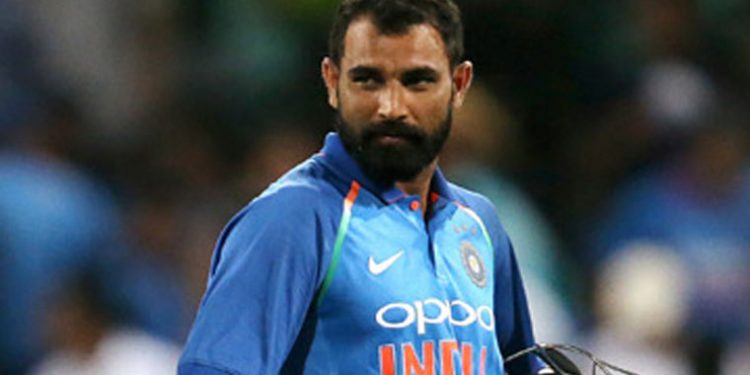For many Indians, the game of cricket is their religion. They are devoutly attached to the scintillating battle between the willow and the leather as it transports them to a world of pure joy and entertainment. For this reason, the super-performers of this game are often elevated to the level of gods. Cricket also generates intense passion that, at times, assumes the form of nationalistic fervour. It acts as a cementing factor, unifying a whole country. Cricket playing countries like India and Pakistan have witnessed this brand of nationalism for decades. It is, indeed, an edifying spectacle to watch a whole country willing the eleven players on the cricket ground to win. When they do win, a wave of joy sweeps over the masses and when they lose, a pall of gloom and despair descends on the whole land.
There’s nothing wrong in it. Unfortunately, when religion gets injected into cricket, the complexion of the game changes. This seems to have happened in the case of the T20 match between India and Pakistan recently. What has happened after India’s crushing defeat at the hands of Pakistan in the current T20 series last week is the ugliest manifestation of emotional outpourings, probably encouraged by current day politics. For the first time in the history of cricket and India-Pakistan engagements in the cricketing arena, one of the most outdated laws, Sedition, has been invoked. On the other hand, India’s ace pacer Mohammed Shami has been subjected to vitriolic trolling on social media. These are all products of an all pervading twisted climate where politics and a skewed interpretation of religion have got mixed up to defeat the very purpose of the game.
Ironically, only a few days after Union Home Minister Amit Shah said he was reaching out to the young in Jammu & Kashmir, the police of that Union Territory registered a case under the draconian anti-terror law, Unlawful Activities Prevention Act (UAPA), against unknown students in two Srinagar medical colleges for ‘cheering for Pakistan’ in the T20 match. It is true that there might not be evidence to conclude that their cheering was intended to be incitement to violence, yet there is no doubt that their act in favour of Pakistan was intended to be anti-India. Likewise, in Congress-ruled Rajasthan, the police arrested a Moslem lady school teacher for a social media post in open support of the Pakistan cricket team stating ‘We Won’ after the team’s victory against India. The UP police arrested three Kashmiri students in Agra, and filed cases against four other people.
On one hand, it is imperative to praise Virat Kohli, the Indian cricket team captain, for labelling the trolls on social media as ‘pathetic’ and ‘spineless’ those who abused Indian pace bowler Mohammed Shami. Especially since the trolls went to the extent of asking Shami to go to Pakistan. They were accusing the bowler, the only Moslem player in the current Indian cricket team, as collaborating with Pakistan. These trolls definitely deserve condemnation from every sports lover of India. But, on the other hand, one cannot ignore the silence of the Indian Moslem community in such highly emotion-charged situations. Some may recollect the statement of veteran actor Naseeruddin Shah, who has proved to be a rare Indian Moslem, who implored Indian Moslems to remain non-violent and criticised the sections of Indian Moslems who had shared, publicly, their happiness at the return of the Taliban to power in Afghanistan. Naseeruddin had said that Indian Moslems are different and must remain so. They cannot afford to close their eyes to modernity influencing Islam and must not ignore the barbarism within that religion represented by the Taliban. Naseeruddin’s sane advice was slammed by many prominent Moslems from across the country.
Certain points need to be pondered over while considering India’s present and the past. A Hindoo like Virat Kohli stands up, at the risk of becoming a target himself, and fights for Mohammed Shami. Kohli would be very aware that although he is extremely popular yet many Hindoos may not approve of his stand. In spite of that he has spoken with courage what his heart tells him to be true. But if we look back, a similar reaction can never be expected from the Moslem leaders if members of that community commit grave crimes. One will be incapable of finding any prominent Moslem leader condemning Ajmal Kasab and the 26/11 Mumbai attacks. Similarly, when India underwent the pain of bomb blasts across major cities, there was no condemnation from within the Moslem community even though the blasts were claimed by radical Islamist organisations.
The majority community in India needs to be tolerant. Admirably, it has many like Kohli who have the ability to criticise and do not shy away from introspecting. On the flip side, the minority communities wallow in self pity and seem to accept open anti-national activities of a small section from within their faith. It is true the majority need to change their outlook on many issues but the minorities need to change their character also.






































